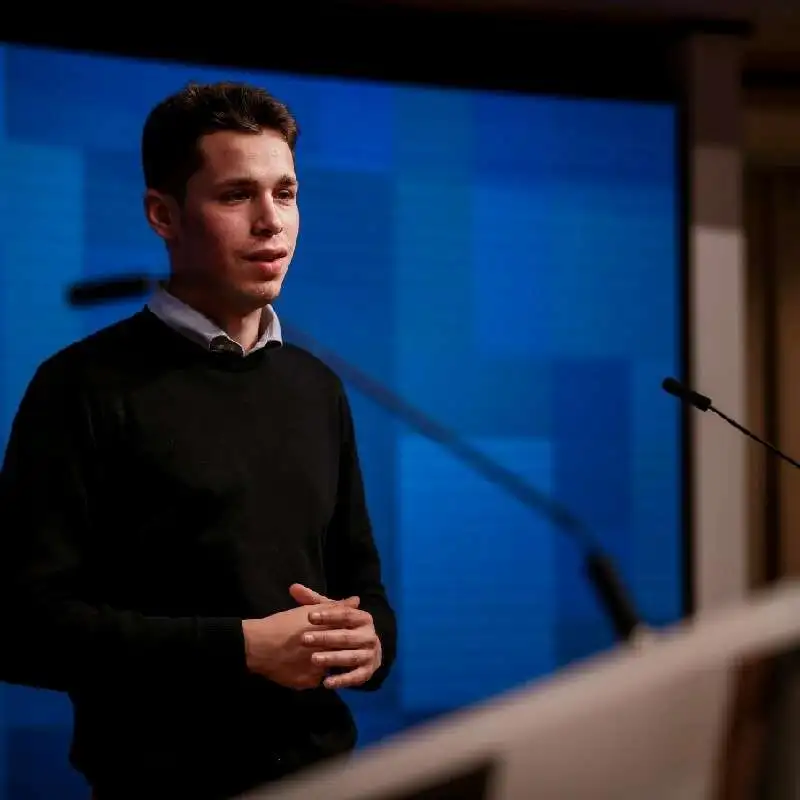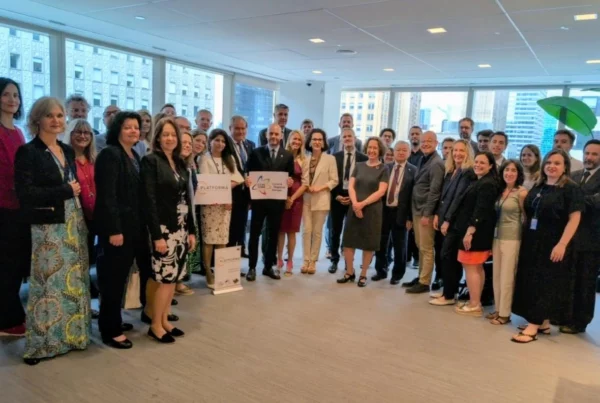Climate Neutrality at Stake: Why Local Governments Must Lead in Decarbonising Heating and Cooling
Decarbonising cooling and heating is a climate imperative. Heating represents 80% of European households’ final energy use, with more than half of heat generation still relying on fossil fuels. This significant dependency on non-renewable energy sources poses a substantial challenge in achieving climate neutrality.
As buildings account for around 40% of the EU’s energy use, there is a vast potential for enhancing energy efficiency and integrating renewables in the energy mix through local solutions. The recent European Sustainable Energy Week (EUSEW) organised by the Covenant of Mayors, the European Energy Award, and the Smart Cities Marketplace, explored the role of Local and Regional Governments (LRGs) can play in this sector by promoting decentralised cooperation and efficient heating and cooling plans.
Local and Regional Governments leading Europe’s heating transition
Subnational governments are responsible for two-thirds of climate and energy policies, accounting for 58% of public climate-significant expenditures in Europe*. When it comes to heating and cooling policies, LRGs hold 89% of both decision-making and implementation responsibilities. This makes LRGs crucial enablers of the cooling and heating transition schemes. The challenges they face is ensuring energy efficiency in buildings while providing renewable heating and cooling through various technologies.
The case of Karlsruhe County
Dr. Schnaudigel, who is also the President of the County of Karlsruhe presented the solution found by his region at the EUSEW Conference. The 32 municipalities of Karlsruhe cooperated to map the needs – present and potential – of the county and put in common their knowledge to find the most cost-efficient solution for Karlsruhe cooling and heating plans. This allowed even small municipalities to become energy independent, by leveraging geothermal energy. This scheme granted Karlsruhe recognition as Gold District by the Energy Award Prize.
Addressing Municipal Challenges and Financial Constraints
Still, significant challenges remain. There is a constrained fiscal capacity to mitigate systemic crises, whether they are related to climate change or not. Additionally, even though renewable energy is cheaper than fossil fuels, and the green heating and cooling districts have lower operational costs, they still require substantial upfront investments. For these reasons, Dr. Schnaudigel emphasised the need for national and European policymakers to support LRGs by providing financial resources through guarantee programs, direct funding lines, or investment-friendly fiscal rules. Without such support, individual solutions may prevail over sustainable, collective approaches, potentially exacerbating social and political inequalities.
Decarbonising Local Cooling and Heating under the Urban Agenda for the EU and the Covenant of Mayors
At the conclusion of the conference, the Covenant of Mayors launched the Cities Heat Detox initiative, which aims to detoxify urban heat sources to achieve climate benefits, cleaner air, and create new green jobs. This initiative emphasises the role of social policies in ensuring equitable transitions, with a particular focus on addressing the rural-urban divide. CEMR will participate in this initiative by promoting regional collaboration and advocating for supportive financial frameworks.
* ENG: https://ccre-cemr.org/wp-content/uploads/2024/04/NECP_Report_CEMR_2023.pd
* FR: https://ccre-cemr.org/wp-content/uploads/2024/04/NECP_Report_CEMR_FR_2023.pdf

Policy Officer – Energy and Environment





